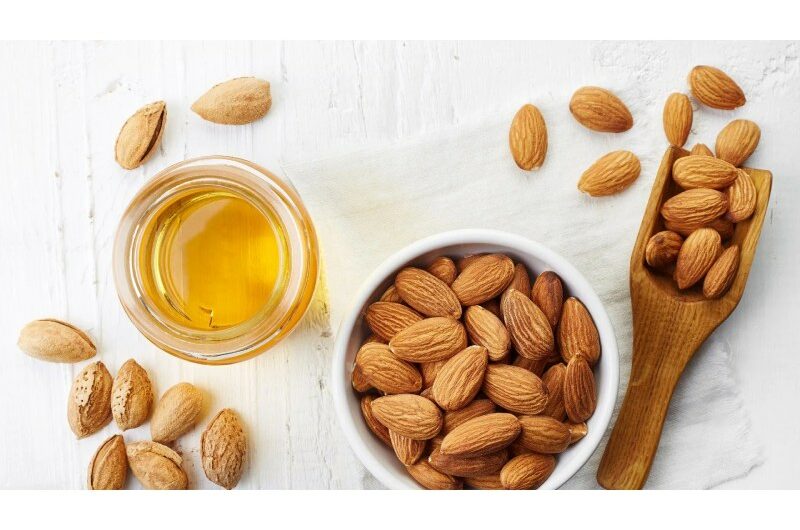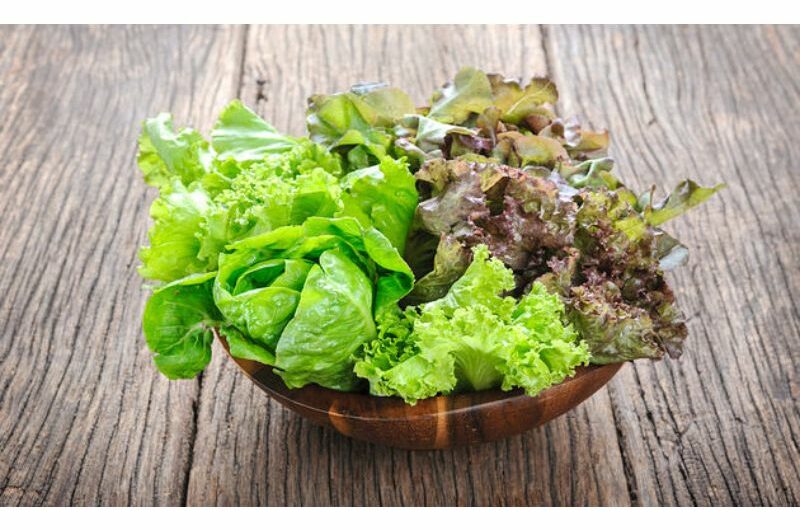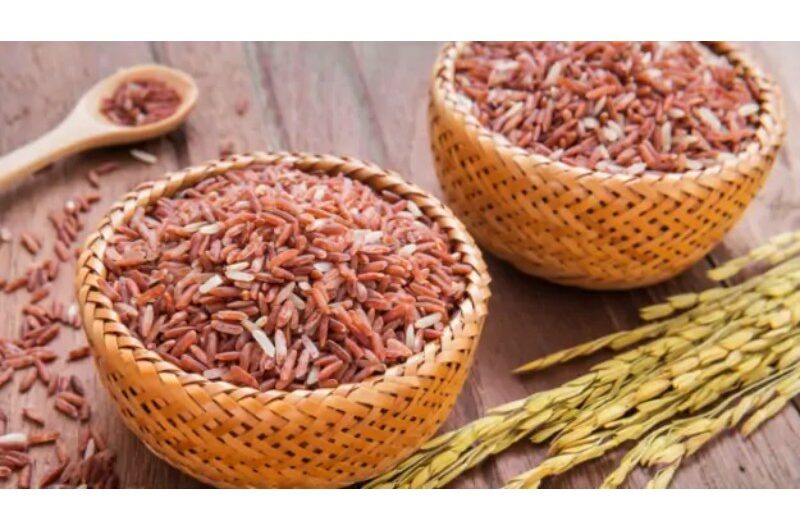1. Mint
Rich in menthol, mint leaves you feeling rejuvenated and at ease. Its properties include nerve-calming, anti-inflammatory, and antibacterial. Menthol, which is found in mint leaves, helps relieve indigestion and symptoms including gas and bloating. Irritable bowel syndrome (IBS) symptoms are alleviated by peppermint oil, which is extracted from mint leaves. Breath freshening benefits and antibacterial qualities can be obtained from chewing mint leaves or using mint-infused products. It has been shown that mint leaves help with motion sickness and nausea.
2. Coriander
The leaves and seeds of coriander aid in controlling body temperature. It possesses neuroprotective, anti-cancer, and antioxidant properties. Antioxidants and dietary fiber found in coriander help to maintain a healthy digestive system and ward off constipation. Coriander’s phytonutrients have anti-inflammatory qualities and can lower diabetes. It has been demonstrated that coriander lowers cholesterol and may be good for the heart.
3. Dill Leaves
Herbs that cool down the summertime are dill weed, leaves, and greens. Antioxidants found in them help prevent heart disease and cancer. Additionally, they include substances with carminative qualities, such as eugenol and carvone, which lessen gas, bloating, and indigestion. Dill leaves contain anti-inflammatory essential oils that may help lessen inflammation.
4. Chamomile
The well-known benefits of chamomile include calming nerves, aiding with insomnia, and easing digestion. You can combat the heat by sipping chamomile tea. Its gentle calming properties might enhance the quality of your sleep. Before going to bed, chamomile tea is frequently drunk to encourage deeper sleep. It’s also well known for relieving stomach and digestive discomfort. It might help with inflammatory bowel illnesses, skin irritation, and arthritis.
5. Lemongrass
One of the best herbs for body cooling is lemongrass. Antioxidants, which are abundant in lemongrass, aid in the body’s defense against free radicals. Traditionally, lemongrass has been used to ease stomach cramps and enhance the absorption of nutrients. Lemongrass has compounds with anti-inflammatory qualities that can aid with asthma, inflammatory bowel disorders, and arthritis. Immune system fortification and infection prevention are made possible by antimicrobial and immune-boosting qualities. Lemongrass has potential benefits for lowering cholesterol and lowering the risk of heart attacks and strokes.
Topics #Summer Foods










